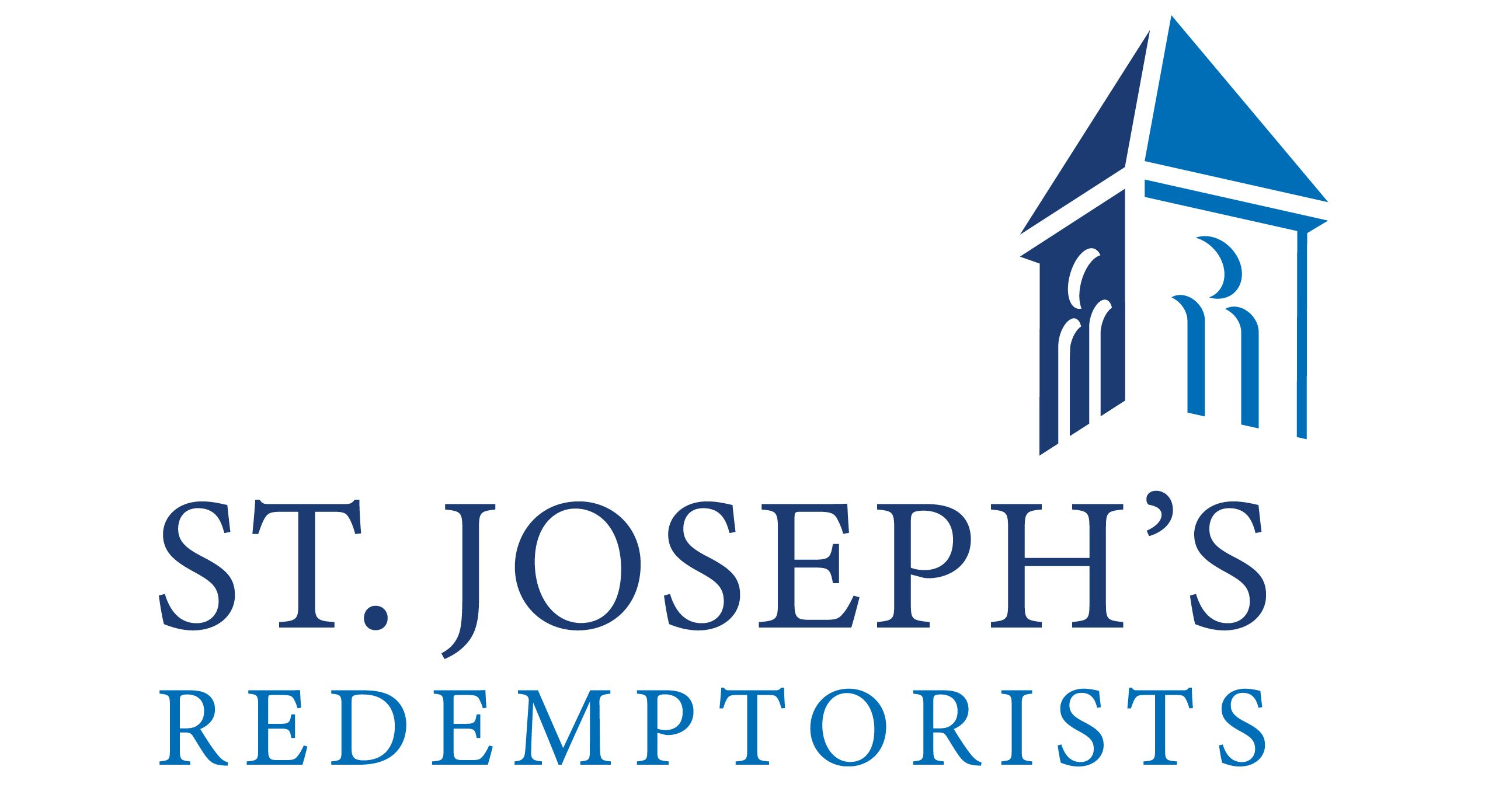The Liturgical Year, 2017-2018
The new liturgical year begins on the first Sunday of Advent. Every liturgical year follows a similar pattern and is designed to help us come in contact with, meditate on and celebrate the life and redeeming mission of Jesus. The liturgical year enables us to grow in appreciation of God’s saving presence in our midst.
The liturgical year is divided into three main periods: Advent/Christmas; Lent/Easter; Ordinary Time.
Advent is a time of preparation for the Christmas season. This year it begins on the 3rd of December and continues to the 4th Sunday, which falls this year on the 24th of December. The people of Israel lived in hope and expectation of the coming of the Messiah and, for that reason, the themes of hope and expectation are prominent in the Advent readings. On Christmas Night and Christmas Day we recall and celebrate the great truth that the Son of God took human form. Other important dates in the Christmas Season are The Feast of the Holy Family on the Sunday after Christmas, the feast of the Epiphany on the 6th of January and, on the following Sunday, the Feast of the Baptism of the Lord which brings the Christmas season to a close.
Lent is a period of forty days duration in preparation for the Easter season. The liturgy during Lent will help us journey with Jesus on his way to Jerusalem. We are invited to pray more intensely and to practise almsgiving at this time. Palm Sunday will introduce us to Holy Week and we will celebrate the Last Supper on Holy Thursday, recall the Passion and Death of Jesus on Good Friday and on Saturday celebrate the Easter Vigil, to be followed on Easter Day by the celebration of the Resurrection of the Lord. The feast of the Ascension, the feast of Pentecost (50 days after Easter) and the feast of the Holy Trinity are high points of the Easter Season.
Ordinary Time takes up the rest of the year and the name – Ordinary Time – should not lead us to believe that it is unimportant. On most Sundays throughout the year the Gospel reading this year will be taken from Mark. Most scholars agree that this was the first Gospel to be written even though it is placed after Matthew’s Gospel in the New Testament.
Throughout the year we have important feasts, with which we are familiar. Examples of these are St. Patrick’s Day on the 17th of March, St. Joseph on the 19th of March, the feast of Corpus Christi on the Thursday after the feast of the Holy Trinity, Our Mother of Perpetual Help on the 27th of June, the feast of the Assumption on the 15th of August, St. Gerard on the 16th of October and the Immaculate Conception on the 8th of December. And, of course, local areas have their own patron saints. All these feasts help us also to focus on the saving presence of God in our lives.

 Donate
Donate Webcam
Webcam Facebook
Facebook
